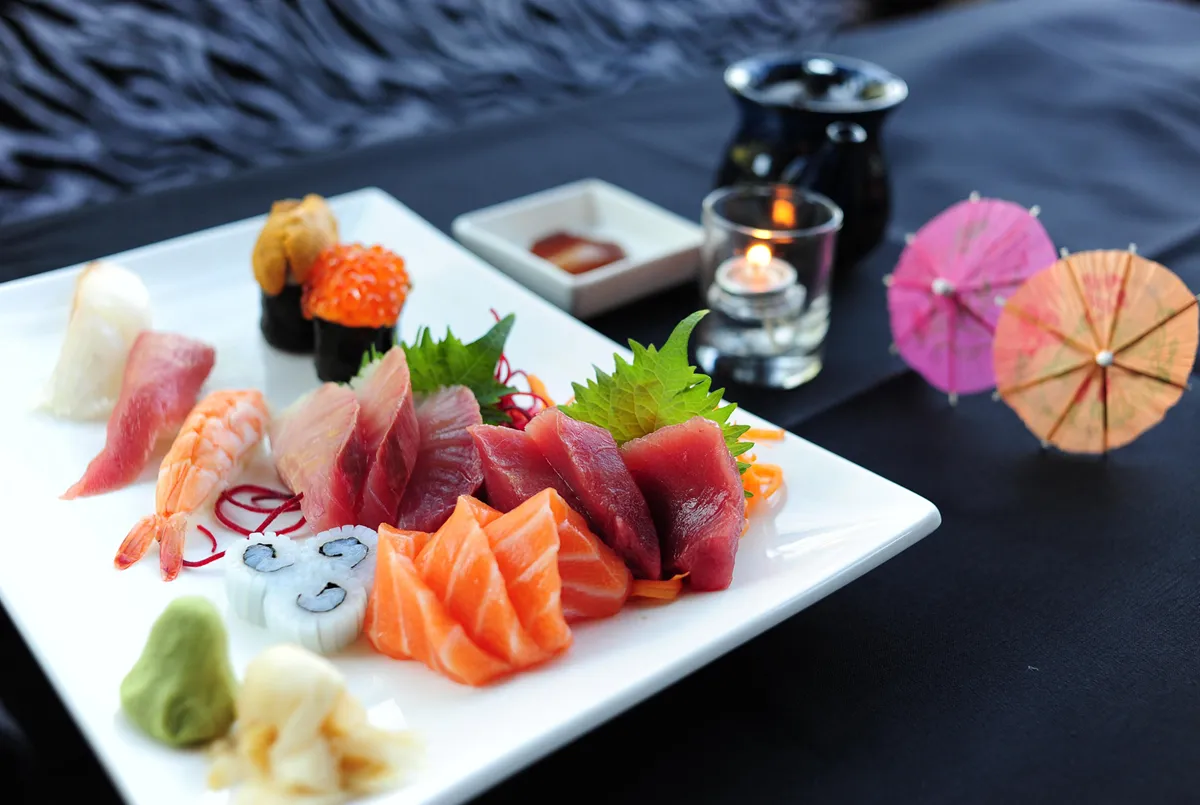Japan is rarely researched in terms of seafood sustainability approaches, but has high levels of seafood consumption and cultural connections to the sea. Japan will be compared to Sweden to investigate differences in seafood markets, with a novel focus on mid-supply chain actors rather than consumers.
Co-investigators: Hiroe Ishihara, University of Tokyo and Abigayil Blandon, Stockholm Resilience Centre.
Funded by Formas


